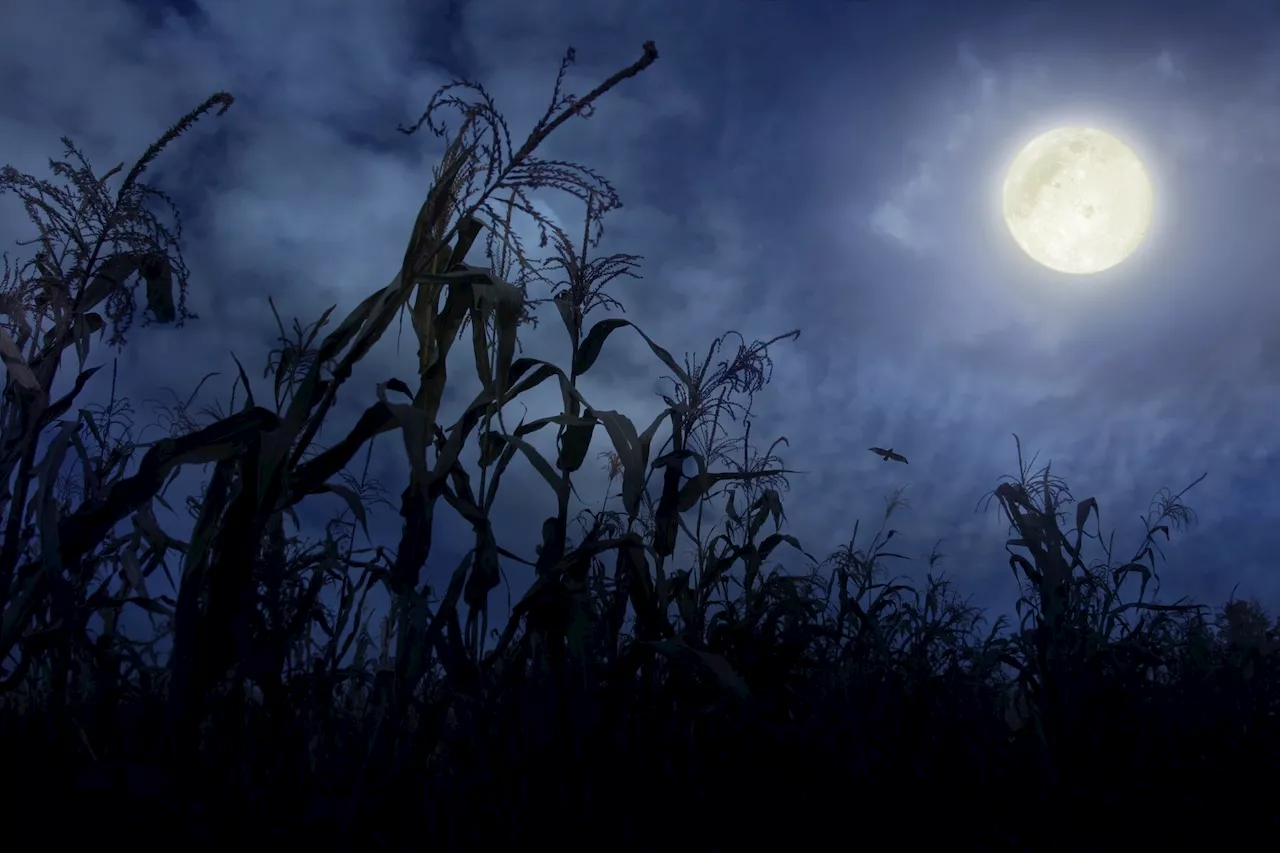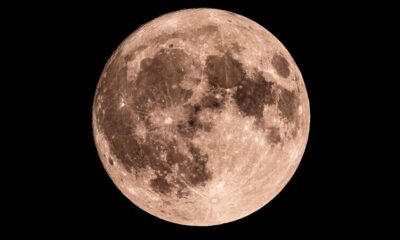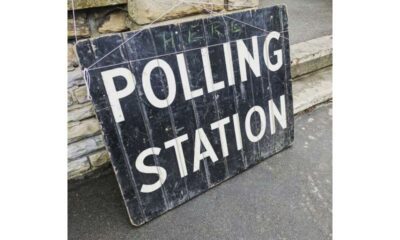Health
Full Moon’s Impact on Sleep and Mood: Science Weighs In

Research indicates that the full moon can have a modest impact on sleep patterns, but its effects on mental health remain unclear. This insight comes from a recent analysis by a neurologist who specializes in the relationship between sleep and brain health. The enduring belief in the Moon’s influence over human behavior can be traced back to ancient myths, yet modern science presents a more nuanced view.
Several studies have shown that individuals often experience changes in their sleep during the days leading up to a full moon. These studies reveal that people across various cultures tend to go to bed later and experience shorter sleep durations in the nights leading up to the full moon. Specifically, the loss of sleep ranges from 15 to 30 minutes, which, while modest, is measurable. Interestingly, men generally lose more sleep during this waxing phase, whereas women report slightly less restorative sleep around the full moon.
Despite these findings, the relationship between lunar phases and psychiatric conditions appears far less straightforward. According to research, sleep deprivation is a significant contributor to mental health issues, with even one poor night’s sleep potentially exacerbating existing conditions. For individuals with disorders such as bipolar disorder, the effects of a full moon could be more pronounced, yet the evidence linking lunar cycles to mental health crises remains tenuous.
A study examining hospital records from 2012 to 2017 found little consistency in how full moons correlate with psychiatric incidents. The variations observed might reflect cultural beliefs or local healthcare practices rather than direct biological effects. Consequently, while the full moon may slightly reduce sleep duration, its capacity to trigger psychiatric illnesses is largely a myth.
The gravitational forces exerted by the Moon are too weak to significantly affect human physiology. Research into geomagnetic and atmospheric changes during lunar phases has yielded inconsistent results, reinforcing the notion that sleep disruption may stem more from environmental factors than lunar activity.
One might wonder why the “full moon effect” persists in popular belief. Psychologists attribute this to a cognitive bias known as confirmation bias, where people tend to remember unusual events that coincide with full moons while overlooking the many nights when no such occurrences take place.
While the full moon may not be the culprit behind sleepless nights, its subtle impact on sleep underscores the importance of light exposure during nighttime. Human bodies are naturally attuned to the cycles of light and darkness, and modern sources of artificial light—from streetlights to screens—have a much more significant effect on sleep quality than moonlight ever could.
If you find yourself restless on a night when the moon is full, you may not be imagining it. The Moon can indeed influence your sleep. However, for chronic sleep disturbances, it may be more beneficial to examine the sources of artificial light in your environment rather than attributing sleeplessness to celestial phenomena.
As science continues to unravel the complexities of sleep and mood, understanding these dynamics remains essential for fostering better mental health and well-being.
-

 Technology5 months ago
Technology5 months agoDiscover the Top 10 Calorie Counting Apps of 2025
-

 Health3 months ago
Health3 months agoBella Hadid Shares Health Update After Treatment for Lyme Disease
-

 Health3 months ago
Health3 months agoErin Bates Shares Recovery Update Following Sepsis Complications
-

 Technology4 months ago
Technology4 months agoDiscover How to Reverse Image Search Using ChatGPT Effortlessly
-

 Technology1 month ago
Technology1 month agoDiscover 2025’s Top GPUs for Exceptional 4K Gaming Performance
-

 Technology3 months ago
Technology3 months agoElectric Moto Influencer Surronster Arrested in Tijuana
-

 Technology5 months ago
Technology5 months agoMeta Initiates $60B AI Data Center Expansion, Starting in Ohio
-

 Technology5 months ago
Technology5 months agoRecovering a Suspended TikTok Account: A Step-by-Step Guide
-

 Health4 months ago
Health4 months agoTested: Rab Firewall Mountain Jacket Survives Harsh Conditions
-

 Lifestyle5 months ago
Lifestyle5 months agoBelton Family Reunites After Daughter Survives Hill Country Floods
-

 Technology4 months ago
Technology4 months agoHarmonic Launches AI Chatbot App to Transform Mathematical Reasoning
-

 Health3 months ago
Health3 months agoAnalysts Project Stronger Growth for Apple’s iPhone 17 Lineup





















